Better Touch Better Business
Contact Sales at Proway safe suppliers.
Safes are a popular storage tool with many advantages and some disadvantages. In this article, we'll discuss the pros and cons of safes.
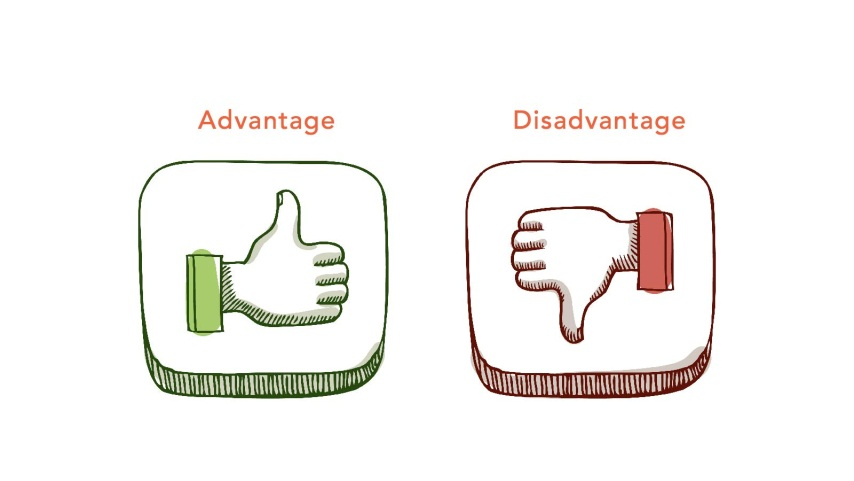
advantage:
Security: Safes are one of the safest storage devices that offer advanced protection and security against theft and damage. Safes are usually made of heavy metal materials and feature complex combination or keyed locks to prevent unauthorized access.
Fireproof: Many safes are also fireproof, which is essential as it protects your valuables and important documents in the event of a fire.
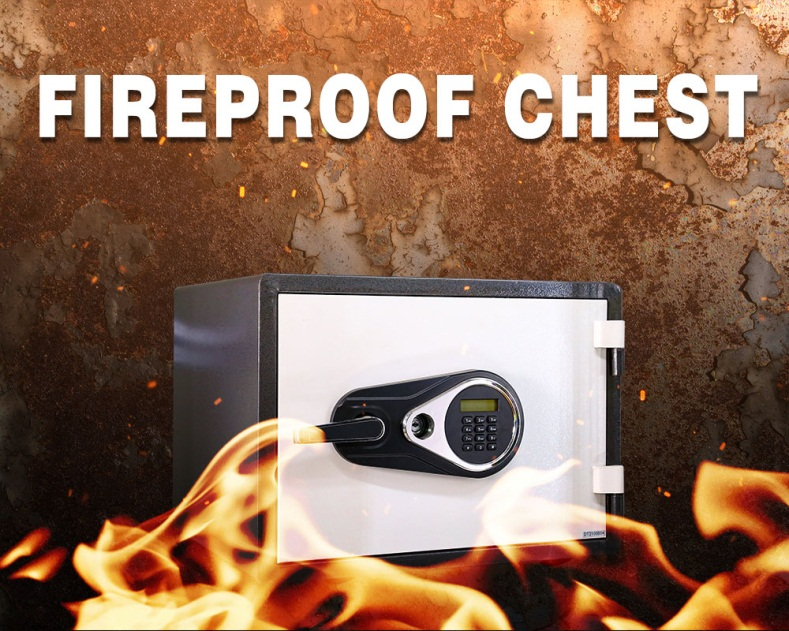
Privacy: Safes also provide privacy, keeping your valuables, important documents and confidential information safe from unauthorized access. In the home environment, safes can be used to store important items such as family photo albums, jewelry, and savings books for easy management.
Convenience: A lot of safes are very convenient, it has different sizes and styles, it also can store various types of stuff. Some modern safes even feature smart locks, allowing remote control via mobile apps.

Disadvantages:
Cost: Safes are usually more expensive than other storage devices, especially if you need a higher level of security.
Weight: Many safes are heavy because they are made of strong materials, which means you need to consider their weight and installation method.
Space: While many safes can hold various types of items, they may have limited storage space and are inconvenient for large items or documents.
Security Concerns: While safes are widely considered to be one of the safest storage devices, they still have some security concerns. If the combination is compromised or the lock is unreliable, the security of the safe is compromised.
To sum up, the safe is a very practical storage device with high security, fire resistance, privacy and convenience. However, cost, weight, space and safety issues need to be considered. If you need a high level of security, a safe is a very worthwhile option.
When it comes to what a safe can store, there are a wide variety of items that can be stored, including but not limited to:
Important documents: such as birth certificate, marriage certificate, property certificate, vehicle registration certificate, passport, etc.
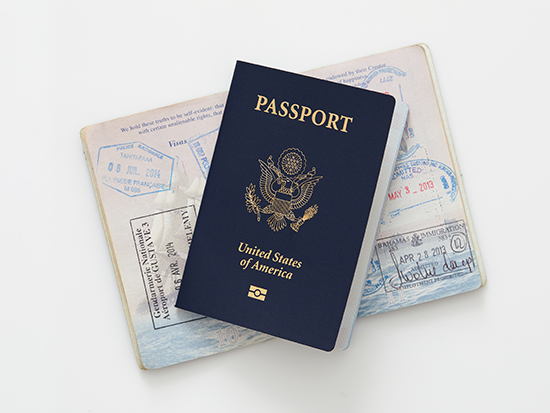
Jewelry and valuables: such as diamonds, gold, silverware, antiques, etc.
Cash and negotiable securities: such as passbooks, stock securities, bonds, etc.
Data storage devices: such as hard disk, U disk, CD, etc.
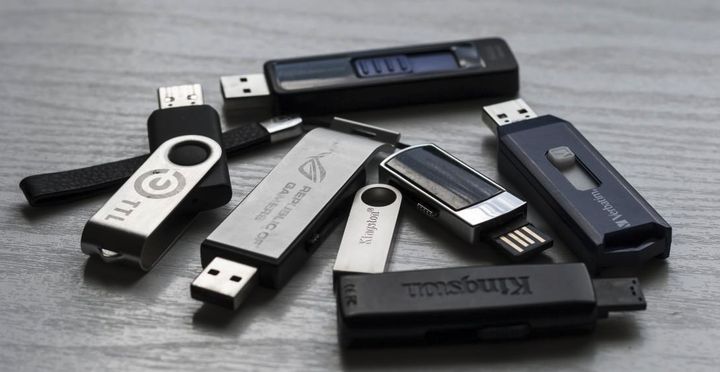
Weapons and Ammunition: Store legal firearms only if permitted and permitted by local laws and regulations.
Other valuables: such as artwork, cameras, musical instruments, collectibles, etc.
It is important to note that different types of safes may have different specifications and restrictions in terms of size, weight and carrying capacity. Therefore, the specifications and limitations of the safe need to be carefully considered before storing items. Also, it is important to follow local laws and regulations and not store illegal items.
What cannot be stored in a safe
A safe is a great way to protect valuables and important documents. However, some items should not be stored in a safe. The following are some examples of items that are prohibited or discouraged from being stored in safes:
Cash: While it might seem like a good idea to keep cash in a safe, it's usually not allowed. The reason for this is that banks cannot insure cash, which may be at risk of being stolen or lost.
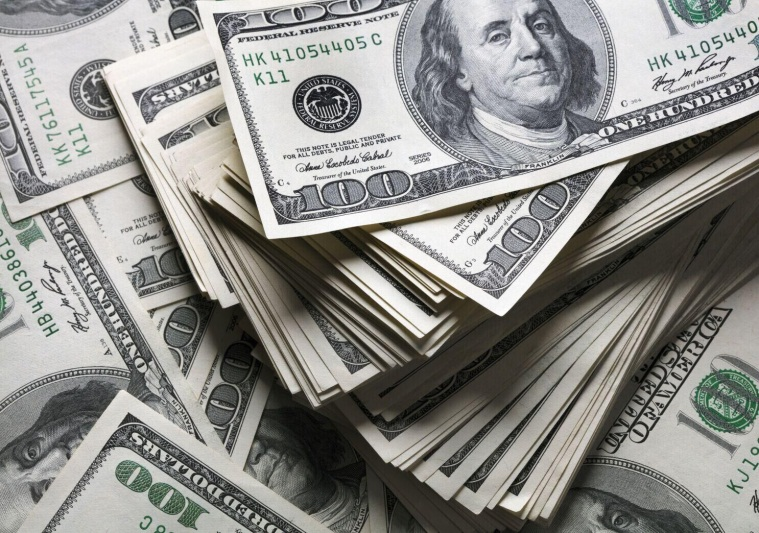
Prohibited items: Needless to say, it is strictly forbidden to store prohibited items such as drugs, weapons, and stolen goods in the safe deposit box. If found, the bank will immediately notify the authorities.
Hazardous Materials: Anything flammable, explosive or poisonous should not be stored in the safe. This includes items such as petrol, fireworks and chemicals.
Living things: Animals, plants and other living things should not be stored in safes. They need air, water, and proper care that cannot be provided in a box.
Perishable Items: Like medication, food, and other perishable items should not be stored in safes. They can spoil and endanger health.
Sentimental Items: While it may be tempting to store sentimental items such as family photos or heirlooms in a safe, it's generally not recommended. These items should be stored in a secure location that is easily accessible.
Remember, the purpose of a safe is to protect your valuables and important documents from theft, fire and natural disasters. By avoiding storing prohibited items, you can keep your belongings safe.
Copyright © 2025 Proway Industries co ltd. | All Rights Reserved